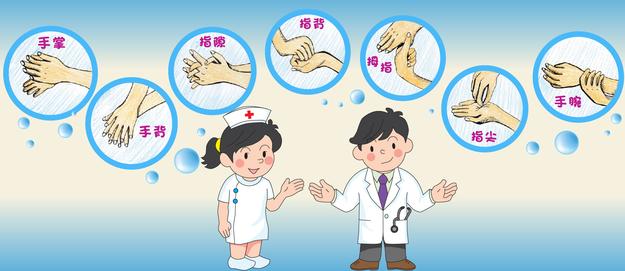How to Properly Wash Your Body, According to Experts
The shower is a great place to think about completely random topics since it can be one of the few times when you are alone and feel relaxed. And while you’re soaping up, you may have wondered how to properly wash your body. For instance, maybe you question whether you’re using the right soap—or if you even need to use a cleanser at all. Or perhaps you ponder whether you’re washing your body in the right sequence. Is there even a right order?
There is no guidebook or definitive study showing how to properly wash your body. However, experts do have some general advice about how your washing habits can affect your skin overall. Intrigued? Then read on for some new things to contemplate the next time you’re giving yourself a good scrub.

First, let’s discuss the real point of washing your body.
It’s no mystery that most of us wash our skin to get it clean (although standing under the relaxing water or sitting in a bath can feel pretty great). Washing not only gets rid of any dirt and allergens that have accumulated on your skin, but it also gets removes some of your body’s natural oils, bacteria, viruses, fungi, and dead skin cells, explains Sara Perkins, M.D., a board-certified dermatologist at Yale University. Bacteria, viruses, and fungi always live on our skin—even after washing. This is completely normal and often harmless.
So, what does this mean for your day-to-day life? Cleaning your skin helps eliminate odor by washing away some of the sweat, bacteria, and natural body oils that cause the scent. “When you produce sweat and oil, they start out as being sterile,'' Teri Greiling, M.D., Ph.D., assistant professor of dermatology and associate program director of research at Oregon Health and Science University, tells SELF. Body odor is made when the bacteria living on your skin breaks down acids in your sweat, according to the Cleveland Clinic. That’s why rinsing away sweat and reducing some of the bacteria on your skin can eliminate odors.
Cleaning your body may also help you prevent acne, which happens when your pores become clogged with an excess of oil and dead skin cells, according to the Mayo Clinic. And finally, washing your skin can help you from possibly developing fungal infections like ringworm (this often appears as a rash with a raised, wavy border), which may happen if you really sweat a lot and that sweat is trapped by tight clothes since fungi thrive in moist, warm environments, according to the American Academy of Dermatology (AAD). Ringworm is more common if you are mainly hanging outside in hot, humid weather, use public showers, or come into contact with someone who has a ringworm infection, according to the AAD.
How do you properly wash your body?
As we said, there is no formal guidebook, and undoubtedly, each person’s washing habits will vary. But there are a few best practices that can help you care for your skin.








